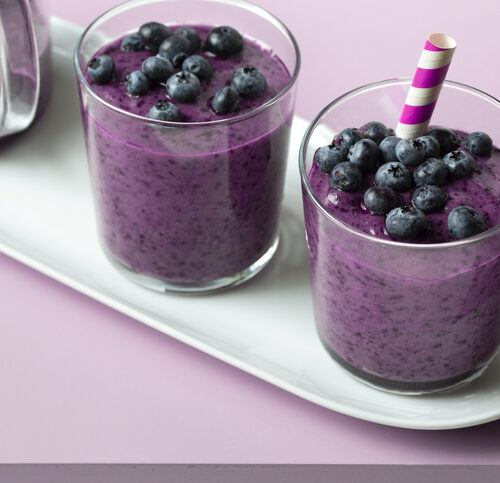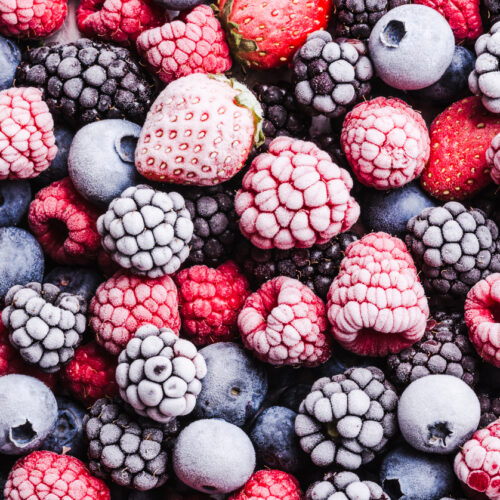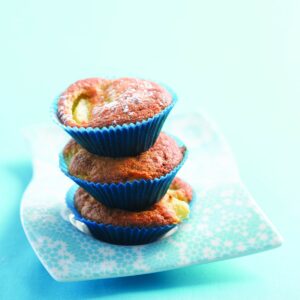
Q: “Does eating before, during and/or after exercise affect your training or competition quality and recovery?”
Name not suppliedA: Kristen MacKenzie, health and nutrition consultant at Millennium Institute of Sport & Health, responds:
“Eating before exercise is important for athletes or anyone doing an exercise session. For most people this would be a normal meal, eg breakfast or a small snack and fluids if a full breakfast can’t be tolerated. If you know you are exercising you should always have fluids, and include low-fat, carbohydrate-containing foods that also contain some protein. Dairy-based foods can be a good option.
Eating during exercise is not required for shorter or lower-intensity sessions less than 1½ hours. However, fluid intake for any exercise greater than 20 minutes is warranted. For most sessions longer than 1½ hours of high intensity, carbohydrate and electrolyte-containing fluids are important. Sometimes in endurance exercise other carbohydrate containing snacks such as muesli bars, bananas or sandwiches can be useful. Some sport supplements may also be useful.
Eating after exercise for recovery is particularly important for people with high training loads (multiple sessions per day) if you have body physique goals such as gains in muscle mass after particularly intense sessions. In most instances a small carbohydrate and protein snack should suffice such as dairy snacks, low-fat shakes, muesli bars and sandwiches. For less intense sessions or for lower training loads, aiming for the next meal to contain these nutrients should be enough.”
www.healthyfood.com











